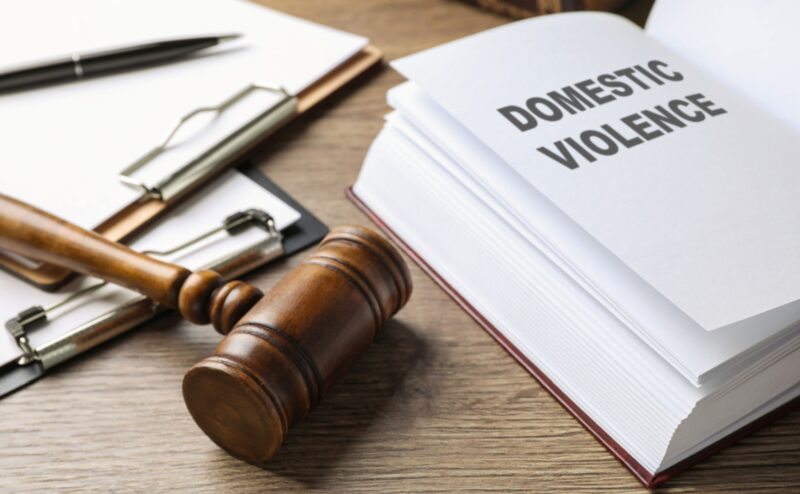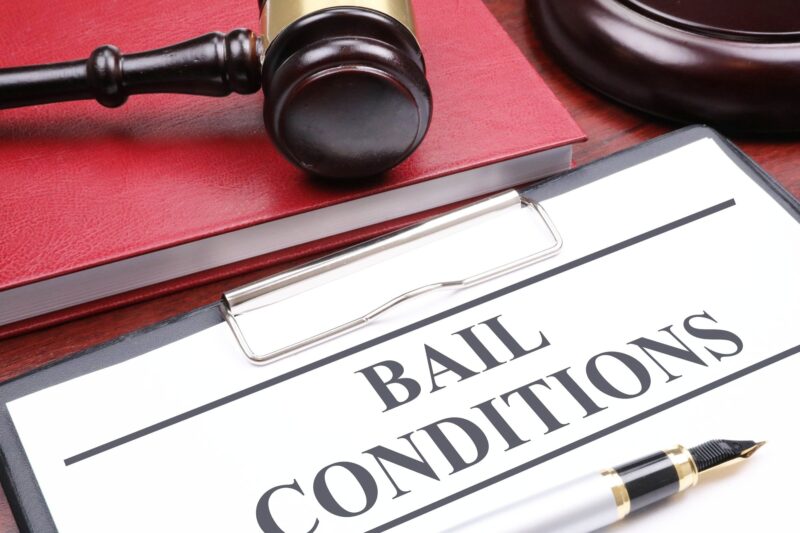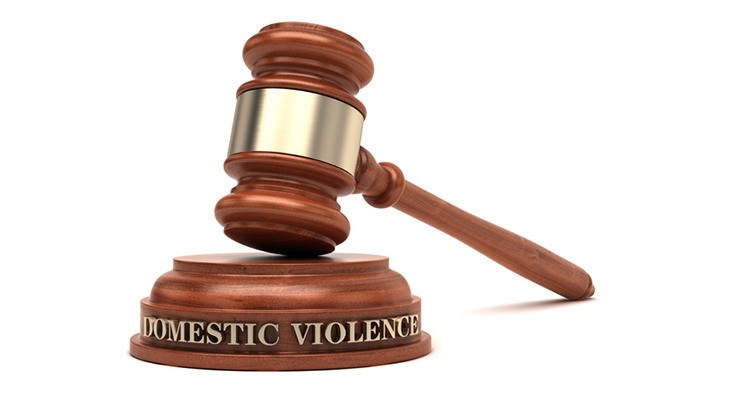Many individuals and families worldwide are affected by domestic violence.
This is a serious case that involves physical injury, financial exploitation, emotional mistreatment, coercive control, or a repeated pattern of mistreatment in a household environment.
The legal process begins when someone gets arrested.
As the accused awaits trial, they must set bail and establish release conditions.
These conditions are essential because they affect both the accused and the victim. If these conditions are violated, your case will be highly impacted.
Therefore, hiring a lawyer to represent you in domestic violence instances is a smart option.
Domestic violence charges

If you are facing domestic violence charges, you need to hire an attorney to help you secure bail and get released from custody.
After filing the charges, the defendant is released under a strict set of conditions. During the investigation, they are expected to keep their distance from the victim.
What is bail?
This is the agreement that an accused person has with the court to ensure their freedom before the trial. If you are looking for the best lawyer to help you with bail and release conditions for domestic violence charges in Ottawa, click here.
Types of bail
Court bail
After being charged with a crime, the accused goes before the judge, who decides whether to:
- Grant bail and under what conditions.
- Remands the defendant in custody
Police bail
A person who has been arrested may be released by the police on bail. They will return on a specific date for more inquiries or pending decisions by the CPS.
An individual can be denied bail if:
- They are deemed a risk to public safety.
- Justice systems are perceived differently by the public as a result of them.
Individuals accused of domestic violence will be released on bail if they agree to follow strict conditions set by the judge. After being detained by the police, the accused is expected to attend a bail hearing. This hearing’s objectives are to:
- Verify the identity of the accused.
- Present evidence to the judge.
- Verify the defendant’s attendance at the trial.
The court decides whether to grant bail based on the evidence and the lawyer’s arguments. Bail could be refused if the domestic abuse accusation includes:
- Physical violence and injury.
- Use of firearms or weapons.
- An individual with a criminal record or history of violence.
Bail conditions for domestic violence charges

Freedom is restricted for individuals who pose a risk to society or specific individuals. These conditions include:
- Reporting to a peace officer.
- Living at a particular location.
- Staying within a specific territorial authority
- If your employer or address changes, notify the court.
- Wearing electronic monitoring equipment.
- Avoid travel.
- Communicating or contacting the victim or witness.
- Carrying ammunition, firearms, explosive material, or a banned gadget.
- Consumption of drugs or alcohol.
- Following the order, don’t visit specific locations.
The bail conditions must be stuck to by the defendant before they can get their freedom. If you violate the terms of the bail, you will be rearrested and stay in custody until the day of the trial.
Why should you abide by the bail conditions?
Additional charges
The police or CPS might view this repeated violation as intimidation or obstruction of justice, depending on the nature of the contact or infraction.
Undermining court trust
If you fail to comply with the bail conditions, you are disregarding the court’s order. This erodes their confidence and may have dire repercussions.
Potential impact on the case
If the defendant fails to adhere to the bail conditions, the prosecutor will argue that they cannot be trusted. This raises concerns about reoffenses and intimidation of witnesses. If convicted, this will influence sentencing.
What to do if charged with violating bail
- Stay calm and speak with your lawyer.
- Gather evidence. If you had contact with the victim or crossed a zone accidentally, keep evidence so that you can show it in court.
- Be transparent with the solicitor. If your solicitor knows the whole story, they will be able to defend you in the best way possible.
- Attend court. You are obligated by the court to attend the hearing to prevent your current situation from getting worse.
- Avoid repeated infractions. If you breach the conditions more than once, you will reduce the likelihood of maintaining the bail.
The bail process

Arrest and initial hearing
After being arrested for domestic violence, the accused has 24 to 48 hours to show up before the judge or magistrate.
Bail assessment
Before offering the bail, the judge will consider factors such as:
- Flight risk.
- Severity of charges.
- Potential danger to the community or victim.
- Defendant’s criminal history.
Setting bail amount
After the assessment, the judge will set bail at a certain amount. Domestic violence cases are usually high-risk, and that is why the bail amount is high.
Bail payment
The court expects you to pay bail so that you can wait for the next court date away from jail. The defendant can pay by obtaining bail bonds or using their property as collateral.
Reasons to hire a solicitor

- Before you give your consent, the lawyer will make sure the terms are realistic.
- Defend you against breach allegations.
If the accused breaches their bail, a lawyer may present mitigating circumstances or refute the facts presented by the prosecution.
Clarify the conditions
A good solicitor will help you understand what each condition means to avoid unwitting breaches.
Protect your interest in the case
They will ensure that you have a coherent defense.
Assists in variation application
If you wish to modify the bail conditions, your lawyer will present your case and submit the appropriate paperwork.
In domestic violence cases, the law ensures the victim and community are safe while protecting the rights of the accused.
You will navigate these complex charges with ease if you understand the bail and release conditions for domestic violence cases.
Hiring a solicitor is a good idea because they protect your interests in the case, assist in variation applications, defend you against breach allegations, advise you, and clarify the bail conditions before you can accept. If you have a bail, avoid accidental breaches, clearly understand each condition, and react calmly.
Related Posts:
- Strategic Access Management: Exploring Common Use…
- The Dark Side of Gambling: Understanding the Dangers…
- What Is Roof Decking? Understanding and Maintaining…
- What Does a Food Intolerance Test Include? Tips for…
- Understanding DUI Laws and How Hiring an Attorney…
- Understanding the Common Criminal Offenses and the…













